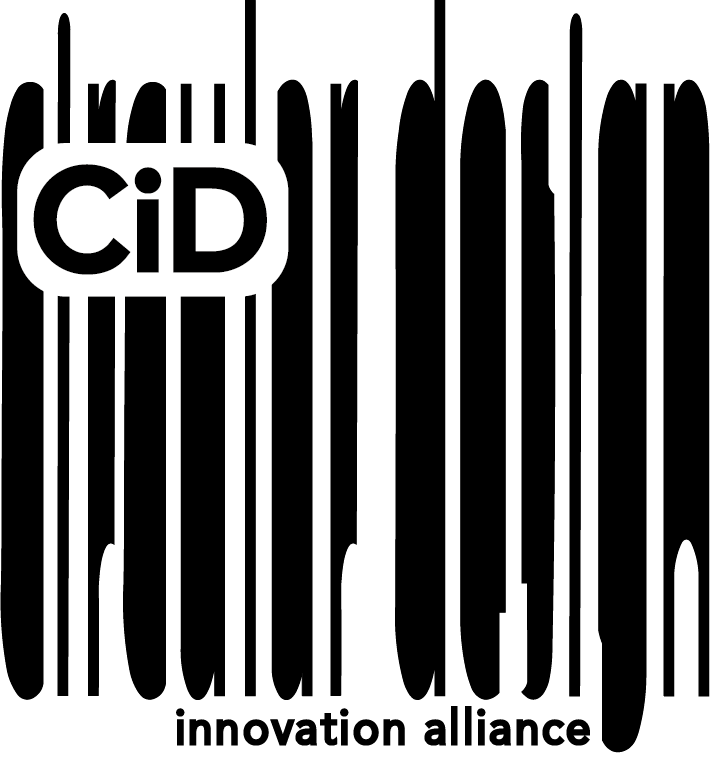
All stakeholders of this observatory
-
In Europe, half of residual biomass from agriculture goes to waste due to challenges in upcycling feedstock into higher-value products. Certain agricultural byproducts contain phenolic bioactive ingredients with various health benefits, but current technologies fail to efficiently extract them in financially viable quantities while preserving their functionality. PHENOLEXA focuses on olive and grape shoots and leaves, onion, and chicory leftovers to develop a biorefinery process for extracting high-value polyphenolic bioactive compounds with preserved functionality. These compounds could have antioxidant, antimicrobial, antifungal, anti-inflammatory, anticancer, antiviral, anti-aging, and mood-stabilizing properties, suitable for pharmaceutical, nutraceutical, and cosmeceutical products. The project aims to create lab-scale prototypes of cosmetic, nutraceutical, pharmaceutical, and functional food products. PHENOLEXA, a three-year project starting in June 2021, involves a consortium of 12 European partners from Spain, UK, Italy, Belgium, Germany, France, Estonia, and Poland, working on innovative technologies for bioactive ingredient isolation.
-
Caracara Collective is an experimental design studio based in Helsinki, Finland, focusing on sustainability and circularity. They envision a future without waste where humans and non-humans can co-exist and thrive. Their practice merges research, experimentation, craftsmanship, design, and art. They explore and combine various mediums and materials from traditional craft to digital technology to living organisms like fungi, bacteria, and yeast to many forms of organic waste. Their material research aims to utilize locally available waste streams to create 100% organic, biodegradable and durable materials that could be implemented wider in the fields of design, art & architecture.



